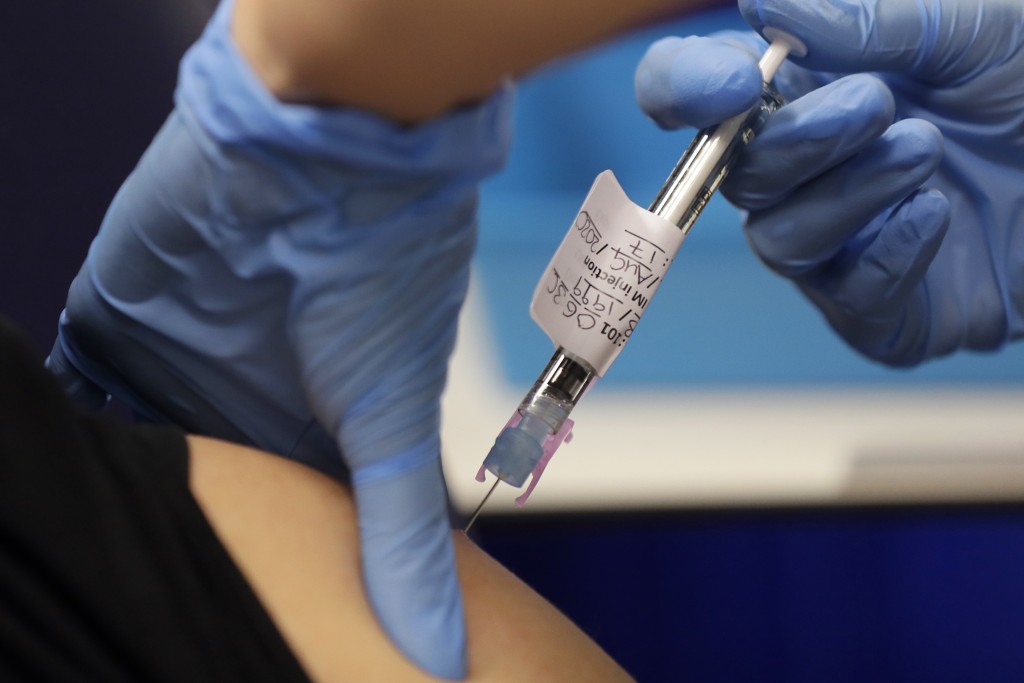~Leonard Casiple
The COVID-19 pandemic response has upended the very essence of humanity by constraining social interaction, mandating indoor seclusion, and making us flinch at the thought of outdoor bustle.
Even the elegance of the lingering waft of perfume and cologne has been supplanted by the shock of quickly-dissipating rubbing alcohol and sanitizers.
Every connection has become a long-distance relationship.
Gone are the days of bear hugs and high fives. Our need for social contact has been abbreviated into a momentary fist bump. Today, the essence of closeness and community is measured in 6-foot increments. The closeness that breaks the mandated “bubble” is frowned upon as a lack of civility.
How long will we tolerate to live this way?
Straitjacketed by social distancing, we are free but confined. We are shackled to a mark on the floor until safe to move to the next comfortable X. The mask suffocates at inhalation. At exhalation, the facial cloak inhibits the utterance of frustration.
Vaccinate or Vacillate?
At any given moment, we can find information either to support vaccination or to contradict the opposition. The ubiquity of conflicting information can confuse the finest of us. Perpetual analysis based on an unhealthy dose of doubt can lead to an endless cycle of posturing, blaming, and story-crafting.
If not careful, an intense but partial study can lead to the wrong rationalization. Groups can become comfortably befuddled by the mantra of their echo chambers.
Our Family’s Experience.
As a child, I grew up in a developing country where the disease was rampant. I was fortunate to get on the public health immunization schedule. The vaccines spared me from the devastation of diseases such as polio and tuberculosis that affected some of my neighbors.
As a soldier in the US Army, I was immunized to preserve my health while working in austere environments. The US military, as a matter of force preservation, requires its personnel to stay current on all vaccinations. As a condition for being stationed overseas, my wife and children were also vaccinated. With vaccination, my wife who is a nurse can continue the work that she loves with less apprehension.
The National Stance.
Since the late 1800s, the US has required medical examinations of immigrants, and much later added vaccination as a condition for entry. Applicants who are found to be carriers of diseases of public health significance are excluded from entry.
When done in combination – the vaccination of the majority and the exclusion of a few – the measures have protected this country from debilitating and life-altering diseases.
Because of the effectiveness of the control measures at entry points, we are oblivious to the screening process that silently protects us. Because we are generally healthy, we fail to appreciate the long-term positive results of inoculation.
The benefits of induced immunity have allowed this country to maintain its economic momentum, and in turn, we are able to keep our hopes and dreams on schedule.
How We Handle the Fear.
My wife and I worry about the virus as well as the effects of the COVID-19 vaccine. We are also concerned about the long-term health of our college-age sons.
Although we instituted a few financial security measures, untimely death or disability during the pandemic will be a difficult ordeal.
To quell the fears, we discussed options and established contingency plans.
Our Tiered Approach.
We will live courageously with a bias towards positivity. We will not allow this virus to keep us at bay. To minimize the impact, my family will get vaccinated in stages.
As a front-line worker, my wife will be vaccinated first. If she experiences a negative reaction, I will wait so I can take care of her until her condition improves. Our sons will be vaccinated last.
We envision our family thriving, socializing, and traveling (again) as the result of the COVID-19 vaccine program.
From my point of view, I am not taking a plunge into the unknown. Instead, vaccination is the forward lunge that will dislodge the consuming grip of the pandemic.
How about you? How do you plan to live the best parts of your life?

